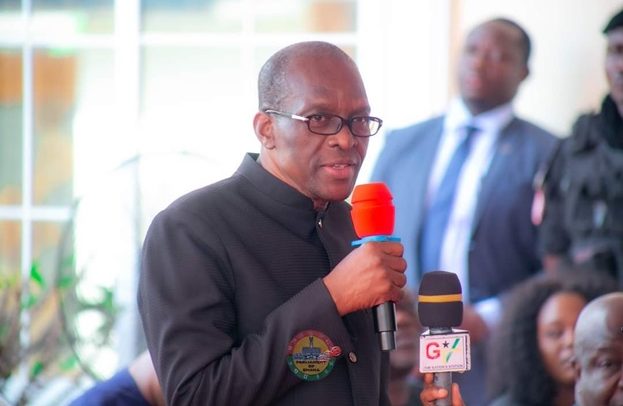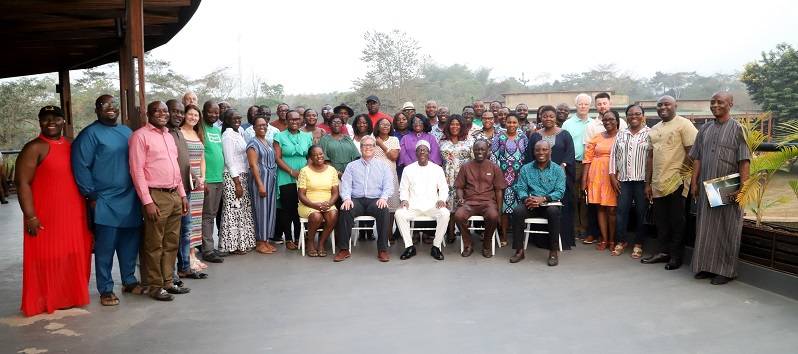
By Yaw Ansah, GNA
Accra, March, 12, GNA - The International Labour Organisation (ILO) and the Environmental Protection Agency (EPA) is building the capacity of modelling experts in Ghana on Macro-economic Model Frameworks to help project climate change effects on society and the labour market.
This is in line with the Nationally Determined Contributions (NDCs), couched in a 10-year policy framework formulated in 2015 with 20 adaption and mitigation programmes as part of the global effort to tackle climate change.
As the first of its kind in Ghana, the training would enhance the capacity of participants to locally owned green job models for development planning purposes to maximize employment opportunities and ensure a just transition for enterprises, workers and communities.
The transition to climate-proof society in future could occur through different trajectories and at varying paces and would require having capable and accountable institutions, coherent climate policy, predictable financing and grassroots involvement.
Mr John A. Pwamang, the Acting Executive Director of the EPA, at a capacity building workshop for the modelling experts in Accra, said the Organisation had been analysing the links between climate change policies, social and labour market outcomes since 2007.
As a result, the fears about job losses had been allayed and focus had shifted to the opportunities for more and better jobs and skills training.
He envisaged that the training would provide the skills and knowledge for a careful assessment of the impact of these measures on job assets in communities and low-income households.
The training, which is a partnership between ILO and EPA would also ensure that mechanisms were put in place to cushion those who may be negatively affected by the climate change.
“Equally important is to retool our technical and vocational training systems to build the necessary human capital to enable a structural change towards low-carbon and climate-resilient economies,” he said.
Mr Marek Hardorff, an Economist at the ILO, explained that among the questions that require scenario settings for modelling are the number of direct and indirect jobs to be created.
Other issues that modelling could project, he said, were impact on trade-offs between climate actions, economic priorities, household income, poverty and inequality as well as cross-border trade, technology transfer, right to development, and climate protection.
“We need to understand the nature and possible outcomes of our situation and look at the policies that will help in the mitigation and adaptation of climate change effects,” he said.
Mrs Angelina Ama Tutuah Mensah, the Director and Head of Public Relations of the EPA, said the Government recognised the threats that unemployment and under-employment posed to national stability, economic growth and development and had shown commitment to providing jobs.
She said, as a result, the National Medium-Term Development Framework prepared by the National Development Plaming Commission, had mainstreamed employment issues in the development agenda.
“This calls for integrated and coherent policy responses that ensures that in the shift towards more sustainable and resilient economies, job opportunities are maximised,” she said.
“Also possible negative social impacts will be minimised and addressed, thus ensuring a Just Transition in the context of sustainable development and the respect for the unique economic circumstances of Ghana.”
The nation’s economy, Mrs Mensah said, was characteristically natural-resource based, services driven and trade deficient.
That, she said, had resulted in piling up of debt, youthful demography, emerging middle class high urbanization, vulnerable poor groups concentrated in the savannah dry lands and coastal zones, as well as pockets of urban poor.
Read Full Story



















Facebook
Twitter
Pinterest
Instagram
Google+
YouTube
LinkedIn
RSS